The Effective Interview Strategies and Skills interview process is a critical step in finding the right candidate for any job position. However, conducting Effective Interview Strategies and Skills effective interviews can be a challenging task. It requires careful planning, asking the right questions, assessing candidate skills, and evaluating cultural fit. In this blog post, we will explore proven tips and strategies that can help you conduct successful interviews and make well-informed hiring decisions.
Mastering Effective Interview Strategies and Skills: Preparing for the Interview
Before the interview, it is crucial to invest time in thorough preparation. Start by reviewing the candidate’s resume and identifying key areas of interest or potential concerns. Research the position and its requirements, as well as the company culture and values. This will help you tailor your questions and evaluation criteria accordingly. Additionally, consider involving other team members in the interview process to gain diverse perspectives and ensure a comprehensive evaluation.
Effective Interview Strategies and Skills: Asking the Right Questions
Crafting well-thought-out questions is fundamental to obtaining valuable insights from candidates. Here are some tips for asking the right questions:
- Behavioral Questions: Ask candidates about specific situations they’ve faced in the past, and how they dealt with them. These questions provide insights into their problem-solving skills, decision-making abilities, and how they handle challenges.
- Situational Questions: Present hypothetical scenarios related to the job and ask candidates how they would respond. This helps assess their critical thinking, creativity, and ability to handle work-related situations effectively.
- Skills Assessment Questions: Tailor questions to evaluate the candidate’s technical skills, experience, and proficiency in relevant tools or software. These questions help determine if the candidate possesses the necessary qualifications to excel in the role.
- Cultural Fit Questions: Assessing cultural fit is essential to ensure that the candidate will thrive within your organization’s values and work environment. Ask questions about their preferred work style, how they handle conflicts, and their alignment with the company’s mission and values.
Active Listening and Observation
During the interview, it’s essential to actively listen to the candidate’s responses and observe their non-verbal cues. Maintain eye contact, use open body language, and avoid distractions. Take notes to help you remember key details and compare candidates later. Active listening allows you to grasp the candidate’s communication skills, attentiveness, and overall demeanor.
Evaluating Candidate Skills
To evaluate a candidate’s skills effectively, consider incorporating the following strategies:
- Practical Assessments: Design a practical task or exercise that simulates real job responsibilities. This allows candidates to demonstrate their abilities directly, providing a more accurate assessment of their skills.
- Reference Checks: Contact the candidate’s references to gain further insights into their past performance, work ethic, and reliability. This step can help verify the information provided by the candidate and offer a more comprehensive evaluation.
- Skill Testing: Use specialized testing tools or platforms to assess technical or job-specific skills. These tests can be particularly valuable for positions requiring specific expertise, such as coding, data analysis, or design.
Assessing Cultural Fit
Ensuring a candidate’s cultural fit is vital for long-term employee satisfaction and team cohesion. Consider the following strategies when evaluating cultural fit:
- Company Values Alignment: Assess how well the candidate’s values align with those of your organization. Ask questions related to your company’s mission, vision, and core values to gauge their alignment and commitment.
- Team Collaboration: Evaluate the candidate’s ability to work effectively in a team. Ask about their experience collaborating with others, resolving conflicts, and adapting to diverse working styles.
- Emotional Intelligence: Assess the candidate’s emotional intelligence by observing how they handle stress, show empathy, and communicate with others. Emotional intelligence is crucial for maintaining healthy work relationships and fostering a positive work environment.
Conducting effective interviews requires thoughtful preparation, asking the right questions, evaluating candidate skills, and assessing cultural fit. By following the tips and strategies outlined in this blog post, you can enhance your interview process and make informed hiring decisions. Remember, interviews are an opportunity for candidates to showcase their abilities, and with a well-designed interview approach, you can identify the best talent for your organization, fostering a successful and productive work environment.

